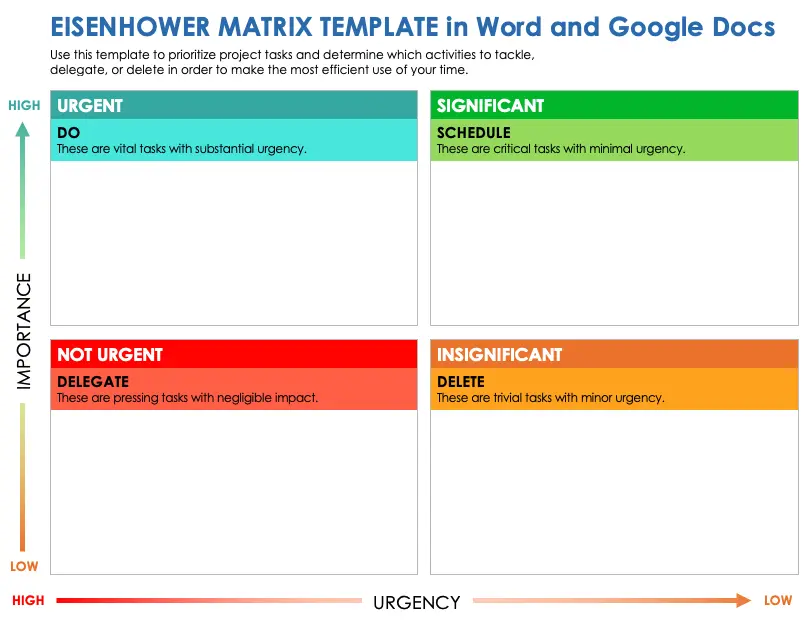5 Benefits of Reverse Mentoring
Have you heard of reverse mentoring? Quite simply, it’s about bridging the generation gap in the workplace. It’s a concept where traditional mentorship roles are flipped, with the younger, less experienced generation mentoring more senior colleagues. According to a study by Deloitte Australia, 68% of businesses recognise the need to address generation gaps to drive innovation and maintain competitiveness. Despite this, only 22% have implemented formal reverse mentoring programs, highlighting a gap between recognition and action. So, could your workplace benefit?
What is Reverse Mentoring?
Reverse mentoring is based on the premise that senior employees, often in leadership or management roles, can learn new perspectives, skills, or knowledge from their younger counterparts. The younger generation often has much to share, including expertise in technology, social media, or new cultural trends.
It’s a powerful approach that helps bridge generational gaps in the workplace and promotes a culture of continuous learning, collaboration, innovation and inclusivity. Reverse mentoring can also help senior leaders understand the challenges and needs of younger employees, improving communication and inclusivity within an organisation.
Traditional vs. Reverse Mentoring
Several key distinctions exist between traditional and reverse mentoring, each with its own advantages in this professional relationship.
Traditional Mentoring
Traditional mentoring involves a more experienced senior professional helping a less experienced colleague to grow, develop, and learn new skills to achieve company goals.
- Top-Down Knowledge Transfer: In a traditional mentoring relationship, the mentor is usually an older, more experienced person who provides guidance, advice, and knowledge to a younger or less experienced mentee. The focus is often on helping the mentee navigate their career, develop skills, and build professional networks.
- Hierarchical Relationship: The relationship is typically hierarchical, with the mentor being seen as the authority figure who shares their collective wisdom and advice. The mentee is often more passive, receiving guidance and learning from the mentor’s extensive experience.
- Focus on Career Development: Traditional mentoring’s primary purpose is to help the mentee achieve career goals, overcome challenges, and develop professionally. The mentor provides insights based on their years of experience in the industry or organisation.
Reverse Mentoring
Reverse mentoring is a lesser-known but increasingly popular mentoring relationship in which the more senior, experienced professional learns from the younger generation.
- Bottom-Up Knowledge Transfer: In reverse mentoring, the roles are flipped. The mentor is often a younger, less experienced individual with specific knowledge or skills valuable to a more senior, experienced mentee. This arrangement is prevalent in digital technology, social media, and new cultural trends.
- Collaborative Relationship: In reverse mentoring, a collaborative and non-hierarchical dynamic promotes an environment where both parties are considered equals. The senior leader learns from the younger mentor while sharing their own experiences, creating a powerful two-way knowledge exchange.
- Focus on Innovation and Adaptation: Reverse mentoring is commonly implemented to assist senior executives in staying up to date with rapidly evolving trends, particularly in technology and digital culture. It also promotes a workplace culture that is more inclusive and adaptable, where diverse perspectives are respected and embraced for innovation.
The shift from traditional to reverse mentoring demonstrates a significant transformation in the workplace. Knowledge is no longer restricted by age or seniority but is more fluid and dynamic. As organisations navigate rapid technological changes and evolving workforce demographics, reverse mentoring provides a valuable tool for promoting mutual learning, innovation, and inclusivity.
5 Benefits of Reverse Mentoring
-
Bridging the Generational Gap
Reverse mentoring is a valuable practice that involves younger employees sharing their perspectives, values, and work styles with senior leaders. This allows the senior leaders to gain insight into the mindset and preferences of younger generations, fostering better understanding and collaboration in the workplace.
-
Knowledge Transfer
Younger employees can share their understanding of digital tools, social media trends, and emerging technologies, which benefits older generations.
-
Promoting Innovation
Innovative solutions and fresh concepts can be generated when younger employees are actively encouraged to share their unique perspectives, insights, and ideas with more experienced professionals. This collaborative exchange of viewpoints often leads to the development of progressive strategies and the exploration of creative approaches to problem-solving.
-
Leadership Development
While younger employees often offer fresh perspectives on digital and social media, more experienced senior employees can provide valuable advice on developing leadership and communication skills.
-
Cultural Awareness
Reverse mentoring promotes diversity and inclusion by exposing senior leaders to different cultural perspectives. When senior leaders interact and learn from younger employees, they become more culturally aware and more sensitive to the diverse needs of their workplace.
Implementing a Reverse Mentoring Program
If you’d like to suggest or implement a reverse mentoring program at your workplace, there are steps towards making this transition a success.
Identify Objectives
First, identify and define the program’s goals, such as improving digital literacy, promoting innovation, or enhancing cross-generational collaboration in the workplace.
Pairing Mentors and Mentees
Set your objectives, then match mentors with mentees. It’s important to carefully consider which relationships will be successful and productive. Consider complementary skills, shared professional interests, communication style, personality, and career development.
Setting Expectations
Establishing clear goals, roles, and boundaries in a reverse mentoring relationship is crucial to ensuring mutual respect and productivity. Setting these expectations early in the relationship leads to a more meaningful and impactful experience for both the mentor and mentee.
Measuring Success
To successfully measure the impact of a reverse mentoring program, it’s important to implement a combination of quantitative metrics and qualitative feedback mechanisms. These will help you evaluate the program’s success, identify areas for improvement, and ensure that it meets its intended goals. Metrics and feedback mechanisms could include:
- Participation and engagement rates
- Skills development
- Career progression
- Diversity and inclusion metrics
- Surveys and questionnaires
- Focus groups
- One-on-one interviews
- Case studies and success stories
Navigating Challenges and Solutions
When it comes to making changes in the workplace, you will likely encounter resistance from some employees. The following are a few challenges and solutions to help you successfully implement a reverse mentoring program.
Resistance to Change
Resistance to change is potentially the most significant challenge when implementing a reverse mentoring program. Most people struggle with change; a new mentoring program is no exception. You may encounter resistance from senior employees, so it’s crucial to emphasise the program’s benefits.
Communication Barriers
Address communication challenges directly and offer strategies to promote open and respectful dialogue between mentor and mentee. You should also establish clear communication guidelines, encourage active listening, address power imbalances directly, and provide cultural sensitivity training. It’s also helpful to promote regular check-ins and feedback loops. Remember to focus on empathy and patience to build mutual respect.
Maintaining Engagement
When the program is up and running, both mentors and mentees must remain engaged throughout the program. There are various ways to encourage adherence to the program, such as:
- Celebrate milestones
- Introduce professional development opportunities
- Encourage mutual feedback
- Provide necessary resources
- Personalise the experience
- Ensure organisational support and visibility
- Periodically review participant progress to reinforce the program’s value
Law Firm Reverse Mentor Success Story
Law firm Herbert Smith Freehills was one of the first companies to explore reverse mentoring in Australia. In early 2018, it introduced a pilot scheme that has been running successfully ever since. Currently, there are 134 mentors and mentees in the program.
Andrew Pike, the firm’s executive partner for Australia, was mentored by junior lawyer Myra Beal. Pike says that the mentor/mentee relationship has given him unique insight into Beal’s mindset and that of her cohort of relatively junior lawyers who are digital natives.
“They are part of a future taking shape as we speak. They may be junior in years, but their skills are quite a bit more advanced in digital abilities than some of us who have been in the profession for longer. They have a view on how the law should be practised in the future – by using technology to create efficiencies and working in a more cost-conscious way,” Pike says.
To explore mentoring further, take a look at our professional development program, Introduction to Coaching and Mentoring. Through coaching and mentoring training, you’ll develop skills to support and sustain improved performance by others.
For advice and professional development opportunities, contact one of our friendly Course Consultants at 1300 762 221 or via Live Chat.










